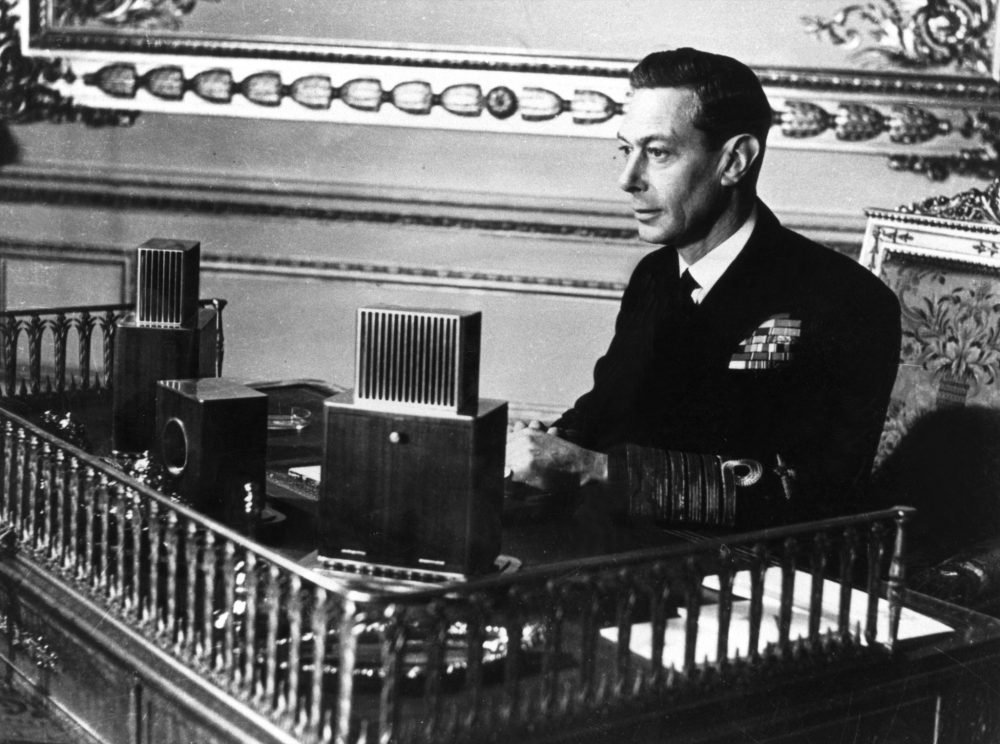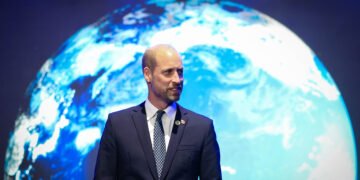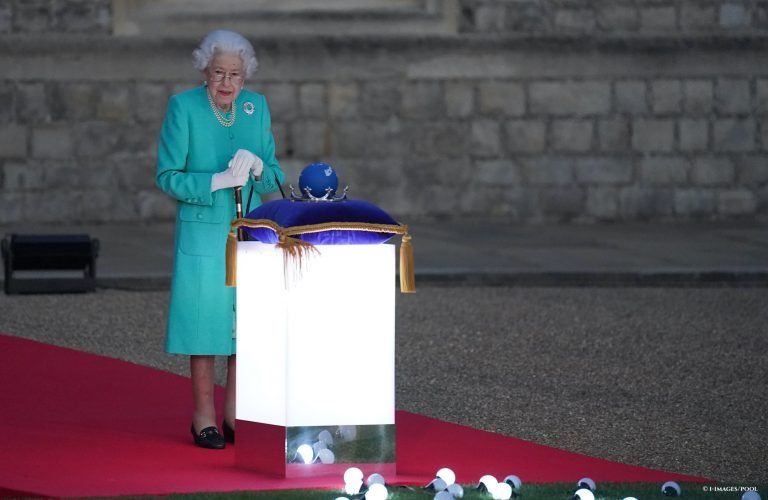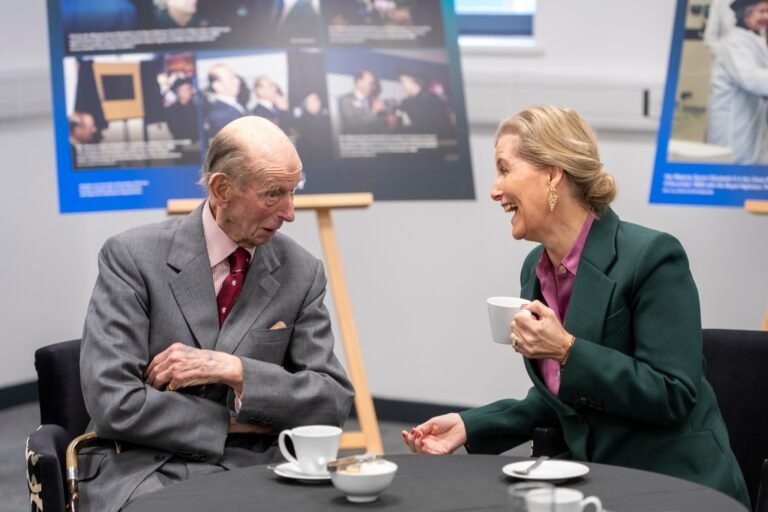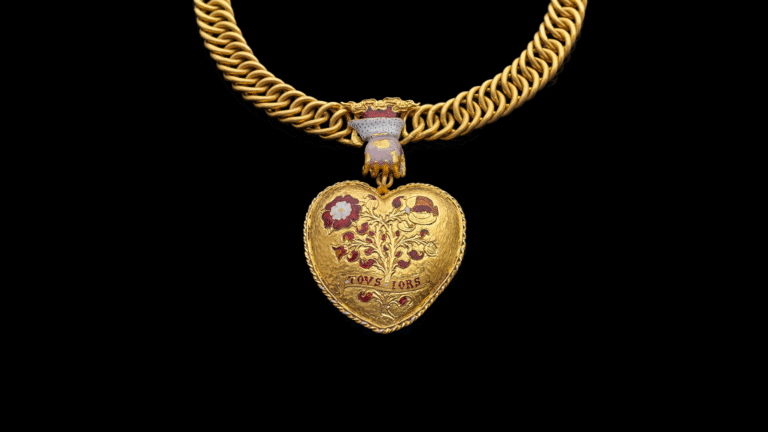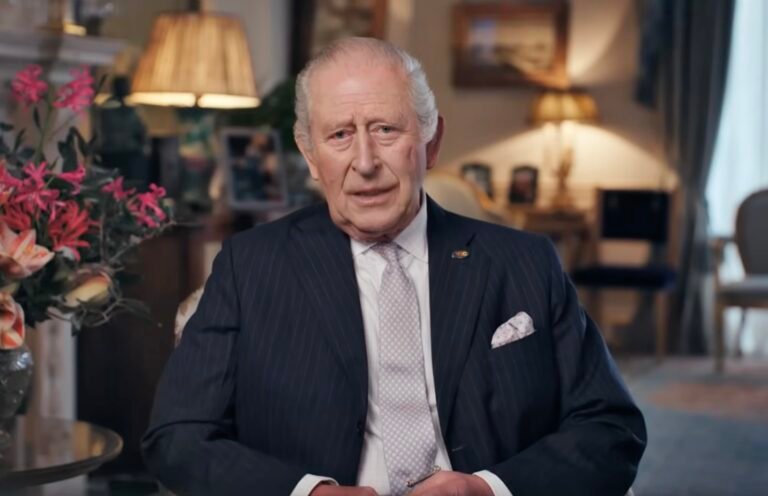On 6th June 1944, the largest seaborne invasion in history took place, seeking to liberate Nazi-occupied France as the Second World War continued in its fifth year.
The D-Day Landings, as this invasion became known, saw troops from the UK, the US, Canada, and France attack German forces on the coast of northern France.
More than a year in the planning, D-Day was originally set to start on 5th June, which it was hoped would see calm seas, a full moon and low tide at first light. However, due to storms it was delayed by 24 hours to the following day.

7000 ships and 11,000 aircraft took part, while 156,000 men landed that day: 73,000 were American, and 83,000 were British and Canadian, while the Commonwealth naval contingent was twice that of the Americans.
Approximately 4,415 men never returned home, paying the ultimate price, while another estimate suggests it was ten times this number.
Following the successful operation, George VI addressed the nation regarding the efforts undertaken by many brave soldiers: ‘Four years ago, our Nation and Empire stood alone against an overwhelming enemy, with our backs to the wall. Tested as never before in our history, in God’s providence we survived that test; the spirit of the people, resolute, dedicated, burned like a bright flame, lit surely from those unseen fires which nothing can quench.
‘Now once more a supreme test has to be faced. This time, the challenge is not to fight to survive but to fight to win the final victory for the good cause. Once again what is demanded from us all is something more than courage and endurance; we need a revival of spirit, a new unconquerable resolve.
 ALLIED PREPARATIONS FOR D-DAY Image: IWM (H 36704)
ALLIED PREPARATIONS FOR D-DAY Image: IWM (H 36704)
‘After nearly five years of toil and suffering, we must renew that crusading impulse on which we entered the war and met its darkest hour. We and our Allies are sure that our fight is against evil and for a world in which goodness and honour may be the foundation of the life of men in every land.
‘That we may be worthily matched with this new summons of destiny, I desire solemnly to call my people to prayer and dedication. We are not unmindful of our own shortcomings, past and present. We shall ask not that God may do our will, but that we may be enabled to do the will of God: and we dare to believe that God has used our Nation and Empire as an instrument for fulfilling his high purpose.
‘I hope that throughout the present crisis of the liberation of Europe there may be offered up earnest, continuous and widespread prayer. We who remain in this land can most effectively enter into the sufferings of subjugated Europe by prayer, whereby we can fortify the determination of our sailors, soldiers and airmen who go forth to set the captives free.
‘The Queen joins with me in sending you this message. She well understands the anxieties and cares of our womenfolk at this time and she knows that many of them will find, as she does herself, fresh strength and comfort in such waiting upon God. She feels that many women will be glad in this way to keep vigil with their menfolk as they man the ships, storm the beaches and fill the skies.

‘At this historic moment, surely not one of us is too busy, too young or too old to play a part in a nationwide, perchance a worldwide, vigil of prayer as the great crusade sets forth.
‘If from every place of worship, from home and factory, from men and women of all ages and many races and occupations, our intercessions rise, then, please God, both now and in a future not remote, the predictions of an ancient Psalm may be fulfilled: “The Lord will give strength unto his people: the Lord will give his people the blessing of peace.’
The King documented many of his experiences of the Second World War in his diary, and even commissioned portraits of landscapes and buildings across the UK, should the damage be vast. Some of these paintings now live at Clarence House.
On 6th June, George VI wrote: ‘The news was given out at 8am that the invasion of the continent of Europe had started last night, the airborne troops had made successful landings in the night and had captured their objectives.’
He was able to visit Normandy on 16 June, stepping ashore to congratulate his troops.

